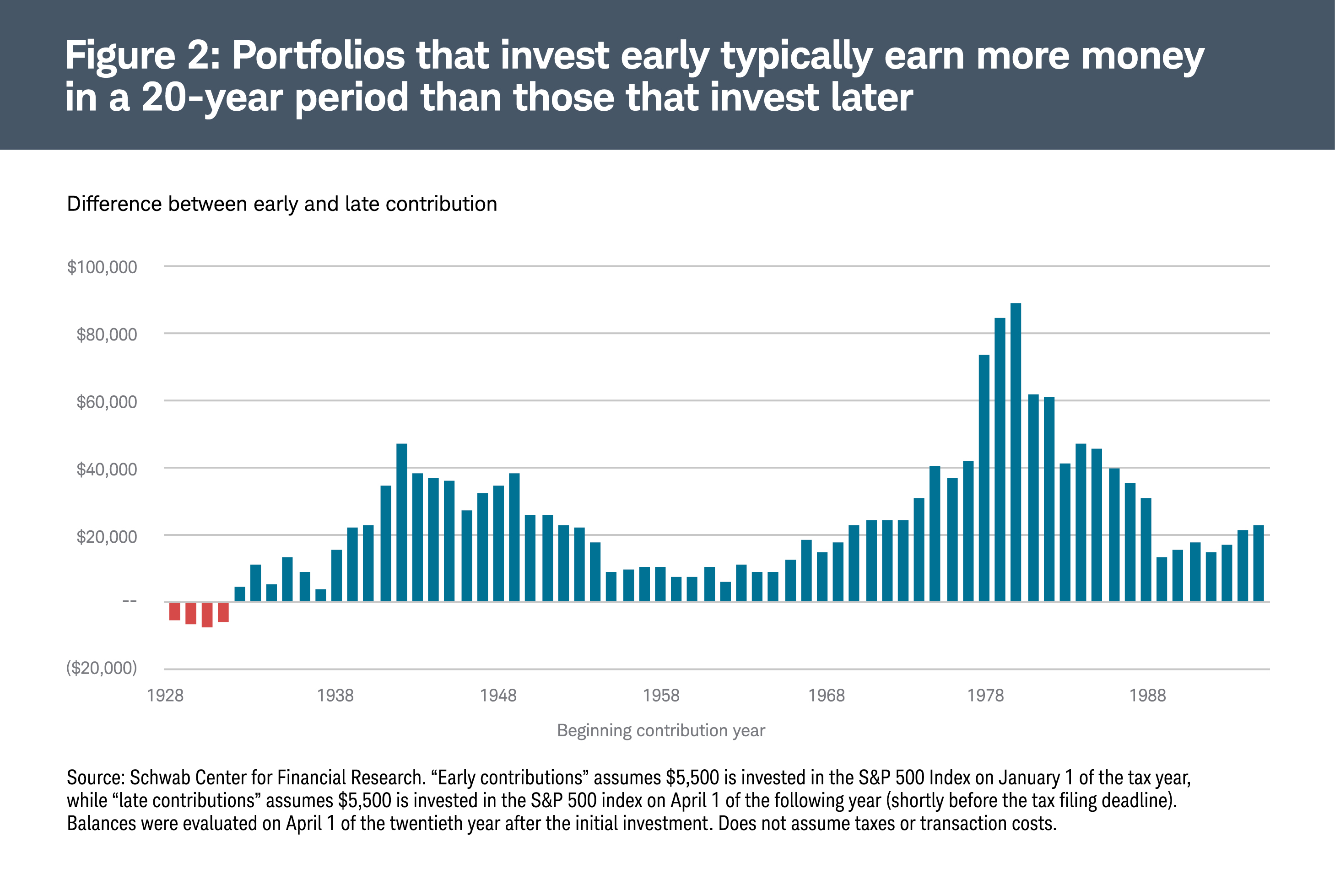 By Dr. Jim Dahle, WCI Founder
By Dr. Jim Dahle, WCI Founder
I'm a huge fan of Solo 401(k)s for self-employed physicians. You can max it out ($52K in 2014) on less income than a SEP-IRA, you can get a Roth option in it, and you can still have Backdoor Roth IRAs on the side. If you're an S Corp, the ability to max out the Solo 401(k) on less income allows you to declare more of your income a dividend (and thus less as salary) saving you even more in Medicare tax. (I wouldn't recommend trying to get your income low enough as a physician that you're going to save any Social Security tax.) The paperwork for establishing and maintaining a Solo 401(k) is slightly more difficult than a SEP-IRA, but still no big deal. Solo 401(k)s also sometimes offer a loan option, like other 401(k)s, but which you cannot get in an IRA, SEP or otherwise.
However, the question of where to open a Solo 401(k) isn't nearly as straightforward. My normal default in questions like these is to go to Vanguard (and I did). However, this decision isn't the “no-brainer” that going to Vanguard usually is. Like the Vanguard brokerage, the Vanguard Solo 401(k) has some issues.
Solo 401(k) Providers
Vanguard
The Vanguard Individual 401(k) offers the Roth 401(k) option and all of the Vanguard mutual funds. However, there is no brokerage option, so buying ETFs, even Vanguard ETFs, and mutual funds from other fund companies isn't an option. You cannot even get Vanguard's less expensive Admiral shares, just the admittedly slightly more expensive investor shares. The Vanguard Individual 401(k) used to not accept incoming IRA rollovers, an important issue if you have a large traditional IRA you would like to rollover to a Solo 401(k) in order to allow Roth IRA contributions through the backdoor. However, in 2021, they started allowing these. There is also no loan option if that is important to you.
Fidelity
The Fidelity Self-Employed 401(k) Plan has a brokerage option (through which you can buy Vanguard and other ETFs) and its low-cost Spartan index funds. However, I have been told it has no Roth option, although the plan document doesn't say that. [Update: Fidelity has confirmed to me that they do not have a Roth option for their individual 401(k).] It does, however, accept incoming rollover IRAs, so this is a great option if you need to do that in order to start doing Backdoor Roth IRAs. Fidelity also offers 401(k) loans. [Update: A reader has assured me that Fidelity most certainly DOES NOT offer 401(k) loans.]
Schwab
The Schwab Individual 401(k) Plan allows you to buy Schwab funds/ETFs for free and Vanguard ETFs for $8.95 per trade. They do not allow loans, but the plan document does state that a Roth option is available. To add to the confusion, the plan document states you CAN take out loans. [Update: A reader called Schwab- the Roth option is not available despite what the plan document says.] It seems to accept 401(k)/403(b)/457 rollovers, but not IRA rollovers. [Update 2/2017: I'm told by readers that Schwab now takes rollovers.]
ETrade
The Etrade Individual 401(k) Plan allows Roth contributions and obviously has a brokerage option with $9.99 trades for any ETF. They accept IRA rollovers and allow for loans. They also will pay you if you transfer your current Solo 401(k) to them, $200 for $25K-$99K, $300 for $100K-$249K, and $600 for a $250K+ plus plan.
TD Ameritrade
The TD Ameritrade Individual 401(k) Plan offers full brokerage services including a number of commission-free ETFs from Vanguard and Ishares. They have less information on the website than the other providers, so I am unsure as to the availability of loans, a Roth option, or whether or not they accept IRA rollovers.
| Vanguard | Fidelity | Schwab | Etrade | TDAmeritrade | |
| Index Funds | Investor Shares | Spartan and ETFs | ETFs | ETFs | ETFs (some commission free) |
| Roth option | Yes | No | No | Yes | ? |
| Loans | No | No | No ? | Yes | ? |
| IRA Rollovers | Yes | Yes | Yes | Yes | ? |
Who Has the Best Solo 401(k)?
There are at least 13 other Solo 401(k) providers, but I'd recommend choosing one of these 5. With recent changes, Vanguard now seems seems like the best overall option to me, but eTrade may be the next best.
If you are looking for more of a self directed 401(k) one option for you could be Rocket Dollar . They administer self-directed Solo 401(k)s and IRAs. Because it’s self-directed, you can buy real estate properties on your own or leverage RE crowdfunding platforms like Equity Multiple, RealtyMogul, Fundrise, Roofstock, CrowdStreet, etc.
What do you think? Where is your Solo 401(k)? Why did you choose that one? Comment below!

